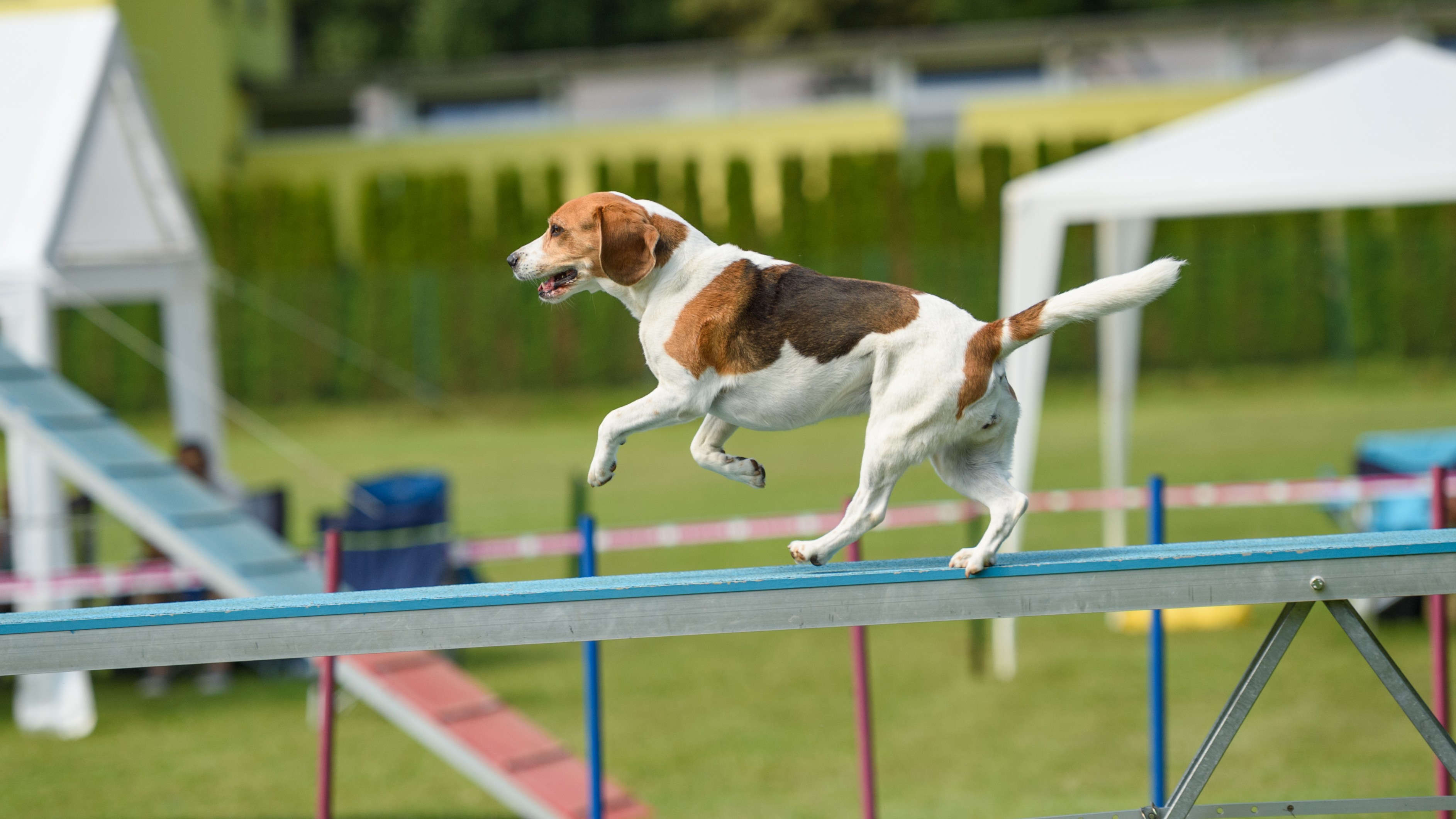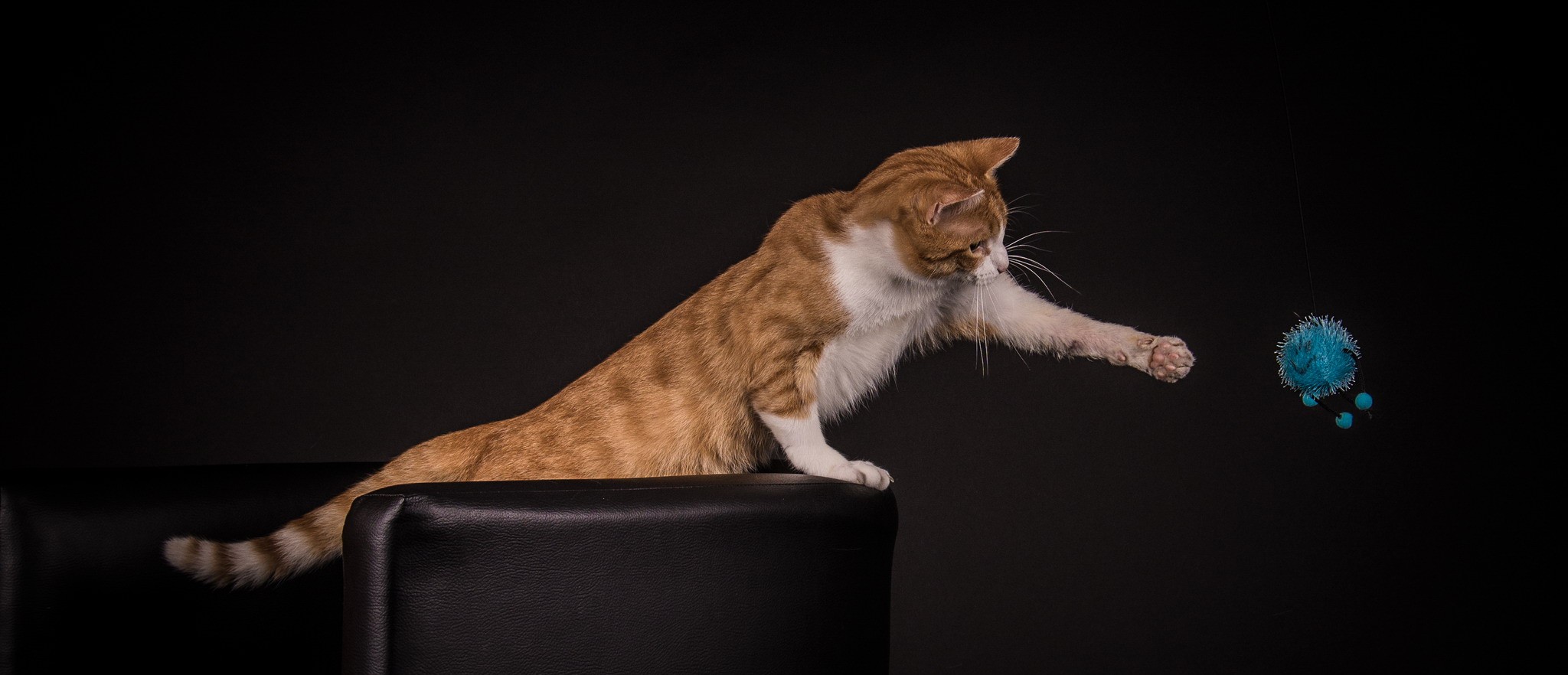Free Treats
"Free Behaviour, Fitness & Rehab Resources: PDF Downloads, Expert Tips, Links to New Studies, & More!"
Stay in the Loop! Sign Up to Hear About New Content First. 🐶📩
What does it mean?
A Reflection on Ethics in Reward-Based Animal Training and Activities

As an animal rehabber and fitness trainer that’s a question I’ve been asking myself for years. I’ve never really said it out loud—because, let’s be honest, no one likes to be that person who ruins the vibe (but maybe needs to). But the more I learn, the more I feel like we need to start talking about it.
READ FULL ARTICLE
Or download the article:
⇲ Where Do We Draw the Line.pdf
Grab your Poster and show your clients what to look out for!
Fynn's Journey from Trauma to Survival and the Most Unexpected Return

Some stories in veterinary medicine follow predictable arcs — trauma, treatment, recovery, and reintegration to normal activities. Others defy expectation and take us far beyond the clinic walls. This is one of those stories. It is the story of Fynn: a cat whose life began with pain and neglect, who disappeared just as he began to heal, and who — more than a decade later — found his way back in the most extraordinary fashion.
READ FULL STORY
Or download the article:
⇲ The Long Way Home Fynn's Journey .pdf
A huge thank you to the Fischer family, Bucher Tierarzt —especially Ursina 💜—and our orthopaedic team at Ocabeo
One of our favorite trainers: Susan Garrett shares how to create a positive conditioned emotional response to a muzzle for dogs with fun games that build trust and confidence and keep everyone safe.
Make sure to also Grab your Dogs That E-Book!
For more great content by Susan Garrett, check out her Podcast and website:
🔗 www.dogsthat.com

Unlock the power of acupressure to ease your pet’s joint pain. This guide empowers pet owners with techniques to aid tissue recovery and relieve discomfort, without needles.
Free

Get expert insights on canine elbow dysplasia in our E-book! Learn about causes, treatments, rehab, and at-home care to support your dog’s mobility and well-being.
Free
.png)
Visual and written insights on intervertebral disc disease, perfect for dog owners and therapists to educate and communicate effectively.
Free